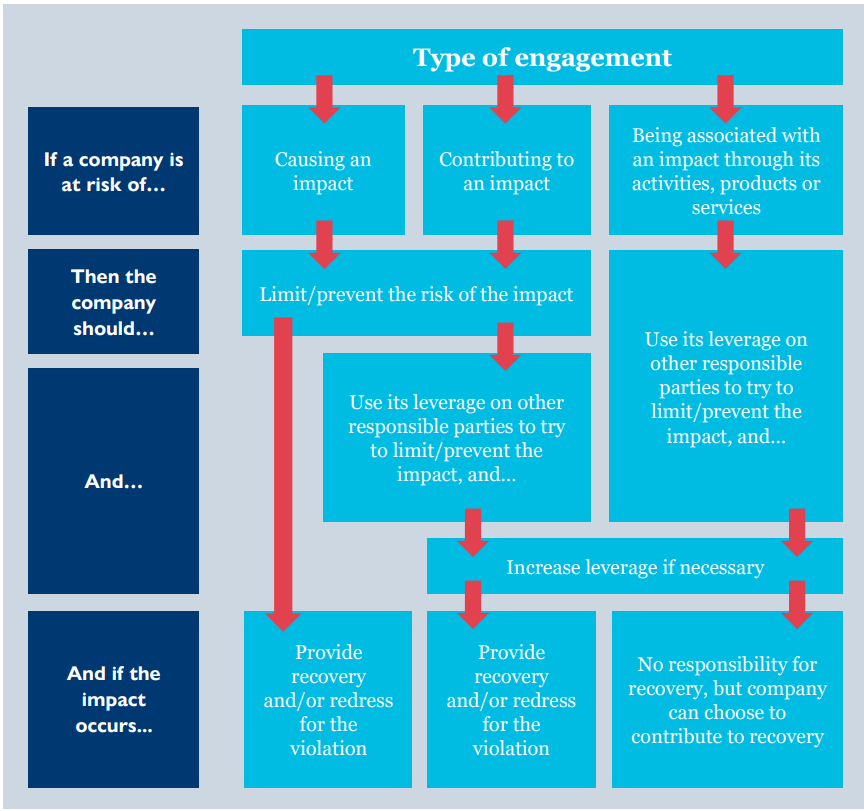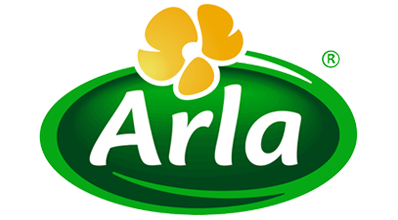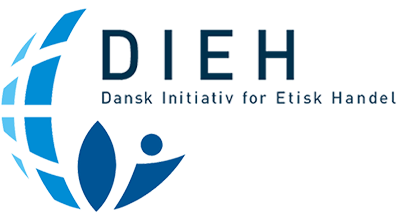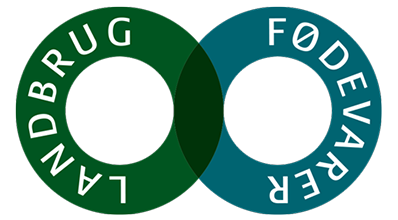Prevent, minimise, and remedy negative impacts on people
Deal with negative impacts
Based on company priorities as laid out in step 2, the time has come to actively address the negative impacts – inside the company and in its full value chain.
The company must take preventive measures to minimise and remedy the problems. This requires the establishment of active and structured procedures within company practices/supplier setup and plans of action.
What is your responsibility?
Some negative impacts on human rights are systemic and, as an example, affected by extreme poverty or instability in a region or country. For small and medium-sized business, these types of problems can be difficult to deal with and not expected to be resolved.
However, small and medium-sized companies should take them fully into account and still have the opportunity to deal with negative impacts on their own employees and those of their suppliers.
Engsko Møllesten is a good example, with its own factory production in Ethiopia, where poverty and child labour are commonplace. Engsko takes care of these human rights concerns within their own company by paying proper wages. Read more about Engsko Møllesten.
Increase your bargaining power
Small and medium-sized enterprises often lack bargaining power. But you can still make a difference. Joining together with other companies is one possible approach. As an example, several companies in the cosmetics, hygiene and food industry collaborate under the auspices of the Danish Alliance for Responsible Palm Oil.
You can find more inspiration on how to increase and exert your influence with the Supply Chain Influence Checklist from MVO Nederland.

Causing, contributing to, or directly tied to?
Companies are expected to take responsibility for identified risks of negative impact on people. This extends to your company’s value chains. Distinctions are made, however, between what is expected, based on whether the company is causing, contributing to, or is directly tied to the negative impacts on human rights.
This decision tree shows you how companies are expected to accept accountability in these three areas of responsibility:
Causing: When company activities alone lead to a negative impact on human rights.
Contributing to: When company activities lead to a negative impact on human rights in combination with other factors or actors.
Directly tied to: When company activities have a negative impact on human rights through another entity, such as a subcontractor.
In all three cases, you are expected to use your influence and initiate actions to prevent the identified adverse impacts from happening. If you are causing or contributing to such impacts, you are expected to help in providing remedies and relief – Read more about remedies and relief in step 6.
The decision tree is based on Roadmap to CSR Risk Management by MVO Netherlands and UN – AN Interpretive Guide.
Prevention
Read more about working proactively and in a structured way with company practices/supplier setups and plans of action:
Case stories from small and medium-sized businesses in the food cluster
Letz Sushi thinks certification first, price second
About this guide
This guide is aimed at small and medium-sized businesses in the food cluster, i.e., companies with between two and 250 employees working in agriculture and horticulture, fisheries, fish farming, agroindustry, food production and ingredients. Human rights due diligence is relevant whether you are in the B2C or B2B market, importing, exporting or have your own production in Denmark.
The purpose of the guide is to assist SMEs perform human rights due diligence, regardless of size and resources of the company. The guide provides inspiration for how to begin and how to strengthen your current processes.
The guide was prepared by the Danish Initiative for Ethical Trade, in collaboration with the Danish Agriculture & Food Council and Arla Foods, and co-sponsored by the Danish Business Authority. The guide may not be changed, reproduced or translated without prior written permission from the Danish Initiative for Ethical Trade. If used in a teaching context, it must be with a clear acknowledgement of the partners behind the development of the guide, crediting them clearly, including use of relevant logos.






